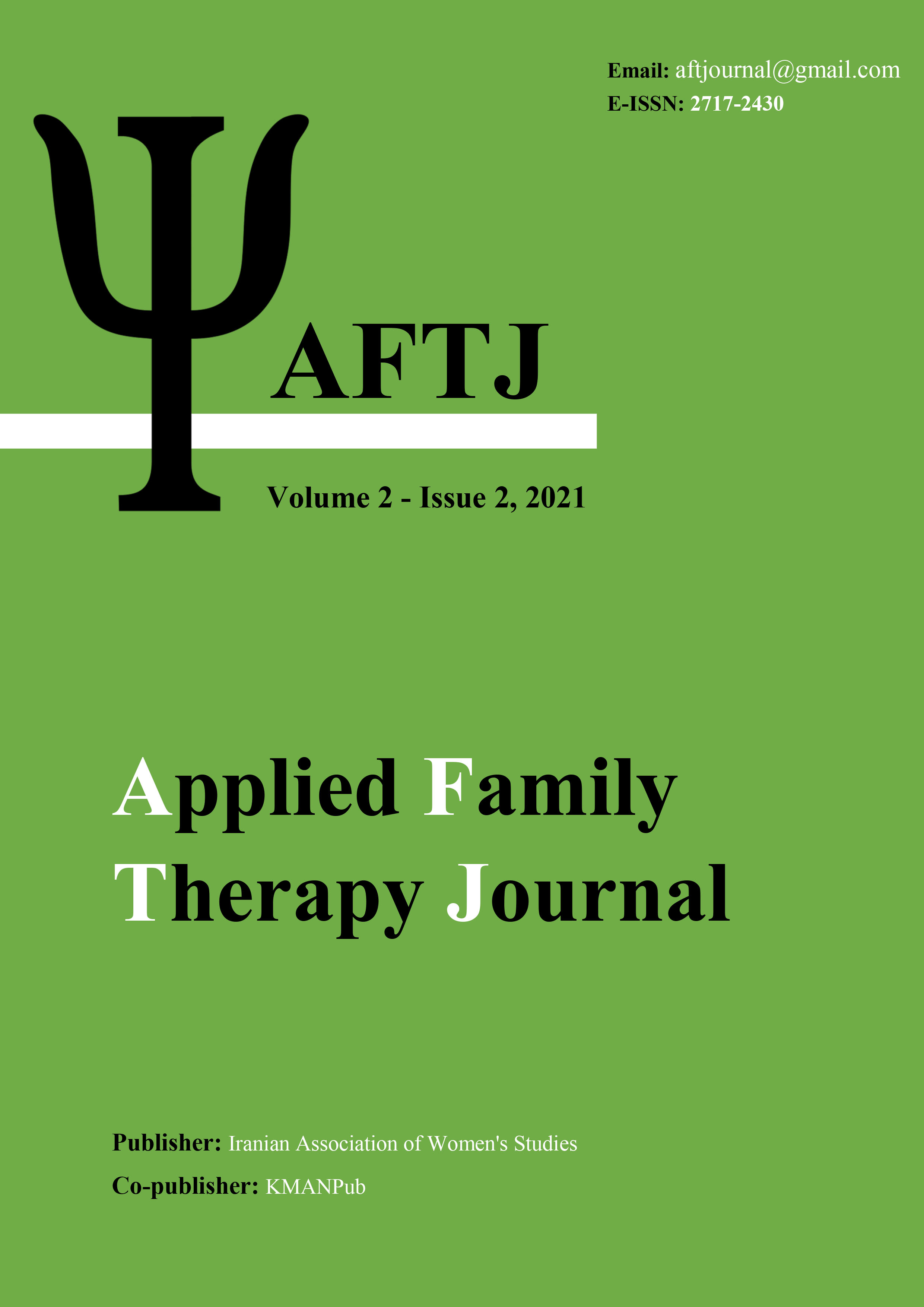Development of a Marital Adjustment Model based on Psychological Security, Personality Traits, and Attachment Styles: the Mediating Role of the Psychological Growth
Keywords:
Marital adjustment Mental security Personality traits Attachment styles Mental developmentAbstract
Aim: The present study aimed to develop a marital adjustment model based on psychological security, personality traits, and attachment styles mediated by psychological growth in men and women. Methods: The present study was descriptive-correlational and its statistical population consisted of married men and women aged 25 to 45 years in district 8 of Tehran in 2019 and 2020. Using the convenience sampling method, we selected 600 married men and women as the statistical samples. The research tools included Spanier's Dyadic Adjustment Scale (DAS) (1976) Marital Adjustment Questionnaire, Maslow's psychological security questionnaire (2004), the personality trait questionnaire by McCrae and Costa (1985), Collins and Read adult attachment Scale (1990), and Ericsson's psychological growth assessment questionnaire (1969). We analyzed data using AMOS and factor analysis. Results: The regression coefficients of the model indicated that marital adjustment could explain psychological security, personality traits, and attachment styles mediated by psychological growth in men and women, and the fit indices indicated that the measurement model of the research had an acceptable status (GFI=0.879). Conclusion: According to the results, the marital adjustment was mostly affected by psychological security, personality traits, psychological growth, and attachment styles. Therefore, we suggest using the results of the present study to help create marital adjustment between men and women.
Downloads
Downloads
Published
Issue
Section
License

This work is licensed under a Creative Commons Attribution-NonCommercial 4.0 International License.





















